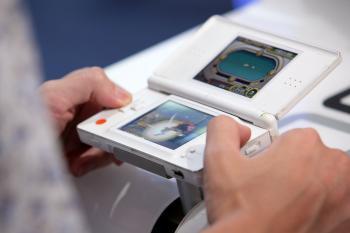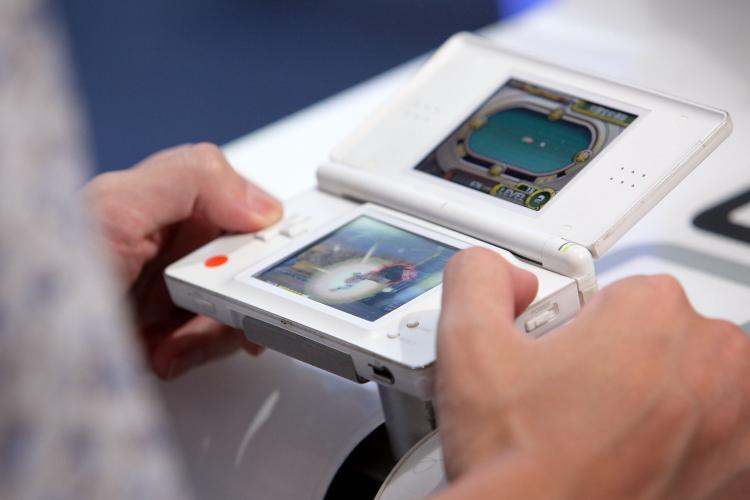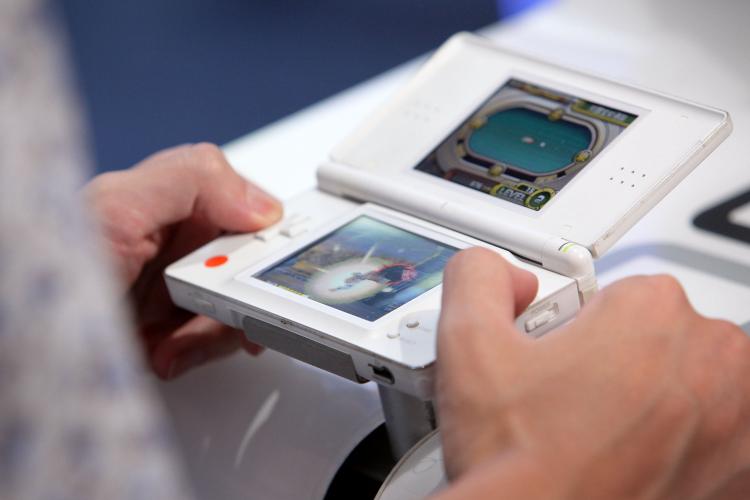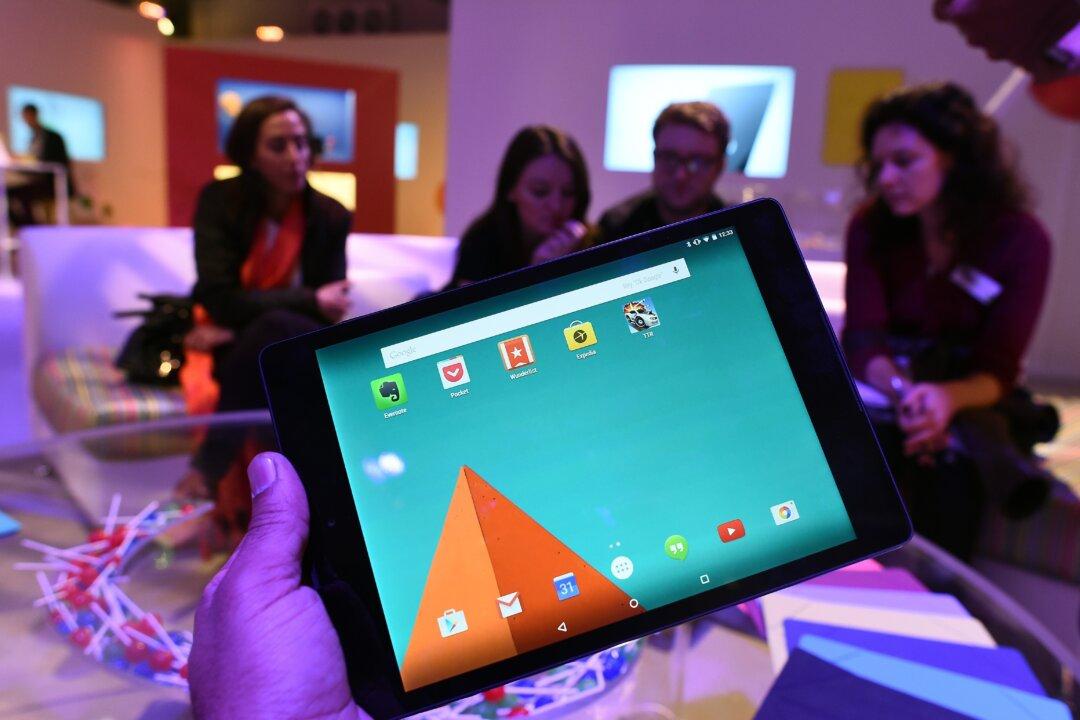Tetris, the ubiquitous block-building puzzle game, could be an effective way for people to deal with post-traumatic stress disorder (PTSD), according to new research results released this Wednesday.
The vintage 1984 puzzle game, due to its simple yet intense gameplay, could enable people suffering from PTSD to block out traumatic images that flash in their minds, according to researchers at Oxford University.
Tetris needs little introduction. It is a computer game that involves arranging different shapes as they fall. The game sends out the shapes at random, and if the shapes stack up to the top of the screen, the player loses.
The researchers conducted two experiments for the study. In the first experiment, the researchers found that playing Tetris could reduce memory flashbacks in healthy volunteers.
In this experiment, the team showed traumatic images to 60 healthy volunteers, including aftermath scenes of drunk-driving accidents. After half an hour, 20 of the volunteers played Tetris, 20 played the word game Pub Quiz, and the other 20 did nothing.
Volunteers who played Tetris had significantly fewer image flashbacks than those who did nothing, while the volunteers who played Pub Quiz had significantly more flashbacks.
In the second experiment, the waiting time between viewing the traumatic images and playing the games was increased to four hours, with 25 volunteers in each group. The results were similar, the researchers found.
“Our latest findings suggest Tetris is still effective as long as it is played within a critical six-hour window after viewing a stressful film,” lead researcher Dr. Emily Holmes, at Oxford University’s Department of Psychiatry, said in a statement.
“Whilst playing Tetris can reduce flashback-type memories without wiping out the ability to make sense of the event, we have shown that not all computer games have this beneficial effect—some may even have a detrimental effect on how people deal with traumatic memories,” she said.
Holmes added that the work is still experimental and a potential treatment based on the game is “a long way off.”
The study was published in the journal PLoS ONE.
To read the research paper, please visit http://bit.ly/bEii7O
The vintage 1984 puzzle game, due to its simple yet intense gameplay, could enable people suffering from PTSD to block out traumatic images that flash in their minds, according to researchers at Oxford University.
Tetris needs little introduction. It is a computer game that involves arranging different shapes as they fall. The game sends out the shapes at random, and if the shapes stack up to the top of the screen, the player loses.
The researchers conducted two experiments for the study. In the first experiment, the researchers found that playing Tetris could reduce memory flashbacks in healthy volunteers.
In this experiment, the team showed traumatic images to 60 healthy volunteers, including aftermath scenes of drunk-driving accidents. After half an hour, 20 of the volunteers played Tetris, 20 played the word game Pub Quiz, and the other 20 did nothing.
Volunteers who played Tetris had significantly fewer image flashbacks than those who did nothing, while the volunteers who played Pub Quiz had significantly more flashbacks.
In the second experiment, the waiting time between viewing the traumatic images and playing the games was increased to four hours, with 25 volunteers in each group. The results were similar, the researchers found.
“Our latest findings suggest Tetris is still effective as long as it is played within a critical six-hour window after viewing a stressful film,” lead researcher Dr. Emily Holmes, at Oxford University’s Department of Psychiatry, said in a statement.
“Whilst playing Tetris can reduce flashback-type memories without wiping out the ability to make sense of the event, we have shown that not all computer games have this beneficial effect—some may even have a detrimental effect on how people deal with traumatic memories,” she said.
Holmes added that the work is still experimental and a potential treatment based on the game is “a long way off.”
The study was published in the journal PLoS ONE.
To read the research paper, please visit http://bit.ly/bEii7O






